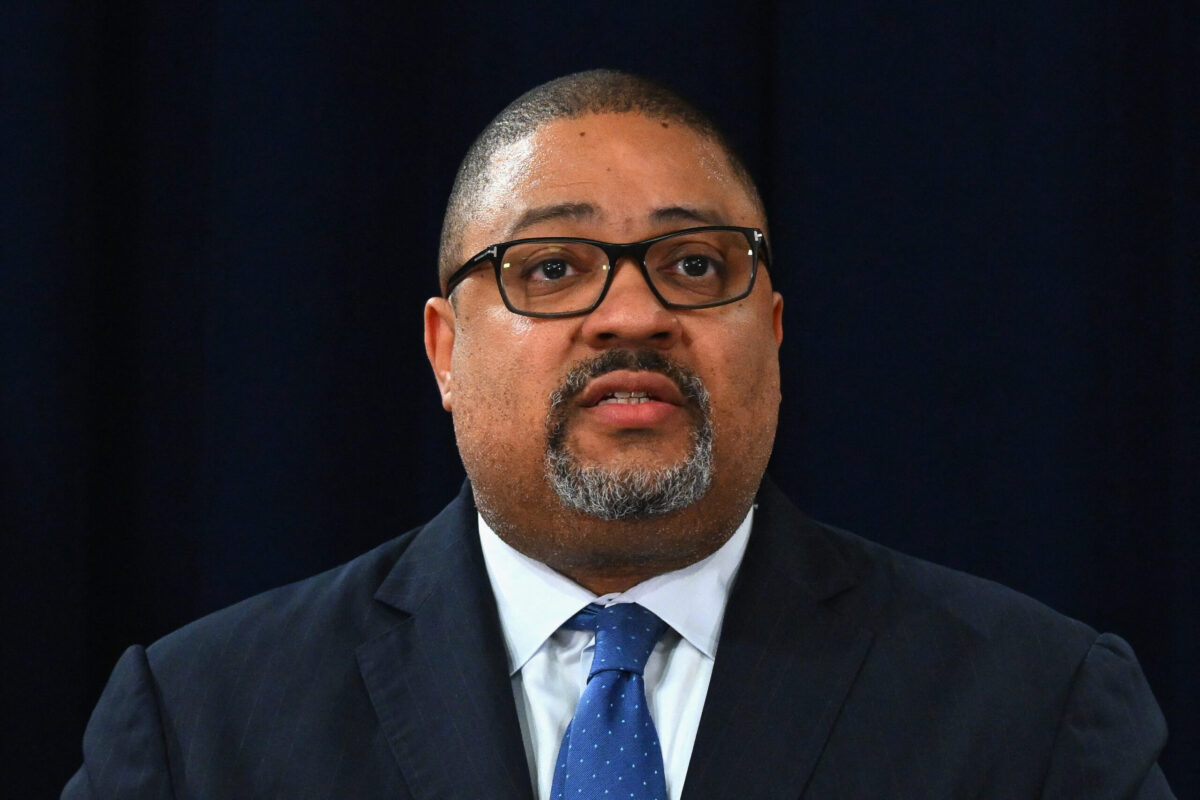Socialised Healthcare: Cancer Waiting Time Targets Missed in 98% of NHS England Areas
The socialised healtchare system in England failed to meet its own cancer waiting time target in 98 per cent of areas, analysis has revealed.
Only two of the 107 areas in England covered by the National Health System (NHS) met the cancer waiting time target set out by NHS ENgland, which states that no more than fifteen per cent of people who revieced an urgent warning should have to wait more than two months to begin treatment.
The analysis of government figures, conducted by Sky News, found that only Bolton and Calderdale, both in West Yorkshire, actually met the target, meaning that people in 98 per cent of areas covered by the socialised healthcare system had their lives put at risk by delays.
The report went on to say that the problem of long waiting times for cancer patients was exacerbated by the Chinese coronavirus crisis, with nearly twice as many people waiting over two months to recieve treatment compared to before the pandemic. In 2022, the number of people forced to wait over two months trippled compared to ten years ago.
However, the problem of the NHS failing to meet its own targets has been longstanding, according to the news outlet, which reported that the standard of 15 per cent has not been met in England as a whole in any month since 2014.
Exclusive: Richard Tice Says Britons Have Been ‘Brainwashed’ Into Accepting NHS Waiting Lists https://t.co/KDYFMwppwB
— Breitbart London (@BreitbartLondon) November 16, 2021
The damning analysis follows the publication of a report by the Health and Social Care Committee in the House of Commons, which found that the socialised healthcare system in England remains well below other comparable countries in terms of outcomes for cancer patients.
According to the parliamentary committee, only 58.9 per cent of those diagnosed with colon cancer in England survive for at least five years, compared to 66.8 per cent in Canada, and 70.8 per cent in Australia.
The report also pointed to figures from the London School of Hygiene and Tropical Medicine, which said that among 28 comparable countries, the UK ranked 14th for survival rate of oesophageal cancer, 21st for liver cancer, 22nd for brain cancer, 25th for pancreatic cancer, 26th for stomach cancer, and 27th for lung cancer.
The Health and Social Care Committee said that the “single most effective way” to improve cancer survival rates would be to diagnose the disease earlier, noting that diagnosing bowel cancer at stage one gives the patient a 90 per cent chance of living at least five more years compared to 10 per cent for people diagnosed at stage 4.
The MPs said that they agree with the stated goal of the government to diagnose 75 per cent of cancer patients in either stage one or two by the year 2028. Yet, the committee said that their modelling suggests that the diagnosis rate is expected to remain “static” at around 54 per cent until 2028, despite the government investing £2.3 billion to build 100 new Community Diagnostic Centres.
300 Babies Died Unnecessarily within Socialised Healthcare Unit in UK- Reporthttps://t.co/cPCbfR3ucO
— Breitbart London (@BreitbartLondon) March 29, 2022
The report also backed up previous reporting on the negative effects of the pandemic on cancer outcomes, with 45,000 fewer people coming forward for cancer treatment in the UK during the lockdowns compared to previous years.
“Witnesses described having to ration treatment, likening working in cancer services during the pandemic to working 25 years ago. The effect of reluctance to come forward, late diagnosis and delayed treatment will almost certainly mean that many lives will end prematurely,” the report stated.
The report went on to say that even during the recent wave of the omicron variant of the coronavirus, there have still been cancellations of vital cancer treatments “indicating the NHS is still not able to access sufficient Covid-free treatment capacity to safeguard treatments and address the backlog.”
Despite making some gains in cancer outcomes since the 1970s, the committee warned that because of failures to recruit new staff, the socialised healthcare system could see such gains reversed.
“Some witnesses to our inquiry suggested that recent initiatives will lead to outcomes in England catching up with other countries but there is no evidence of that in any numbers we have seen,” the MPs said.
An NHS England spokesman said: “Cancer is a priority for the NHS and has been throughout the pandemic – and we have continued to implement new ways to diagnose cancer earlier, including extending lung health checks in supermarket car parks, rolling out awareness campaigns to encourage people to get symptoms checked sooner, and trialling innovations like a blood test to detect more than 50 types of cancer before symptoms even appear.”
Between 240,000 and 740,000 Potential Cancer Cases Missed During UK Lockdown: Audit Office https://t.co/wW6iaCHAuz
— Breitbart London (@BreitbartLondon) December 1, 2021
Follow Kurt Zindulka on Twitter here @KurtZindulka
" Conservative News Daily does not always share or support the views and opinions expressed here; they are just those of the writer."





